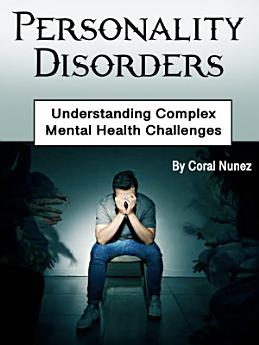Personality Disorders: Understanding Complex Mental Health Challenges
About this ebook
Personality is a unique combination of traits that influence how a person perceives and responds to the world. In individuals with personality disorders, these traits become rigid and maladaptive, making it difficult to function in a socially acceptable or emotionally stable way. The severity of symptoms can vary, but in many cases, individuals struggle with emotional regulation, self-image, and interpersonal relationships. Some may withdraw from social interactions due to deep-seated mistrust, while others may exhibit erratic or impulsive behaviors that create conflict.
Personality disorders are categorized into three clusters based on shared characteristics. Cluster A includes disorders that involve odd or eccentric thinking and behavior, such as paranoid and schizotypal personality disorders. Cluster B consists of dramatic, emotional, and erratic conditions, including borderline and narcissistic personality disorders. Cluster C encompasses anxious and fearful disorders, such as avoidant and obsessive-compulsive personality disorders. While these clusters help in understanding the broad patterns of personality disorders, individual experiences can differ significantly.








